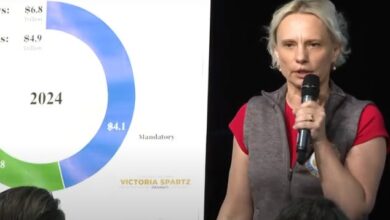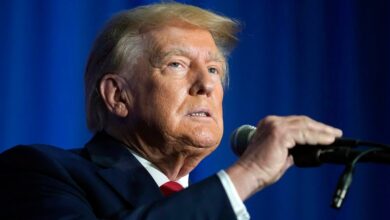TikTok Alleges U.S. House Manipulates Foreign Aid to Impose Ban

TikTok has levied serious accusations against the U.S. House of Representatives, claiming that lawmakers are using the leverage of foreign aid to orchestrate a nationwide ban on the social media platform. This development adds another layer to the ongoing contentious debates surrounding TikTok and its operations in the United States.
According to TikTok spokespersons, there is an alleged strategy within the House to link foreign aid decisions to regulatory measures against TikTok, aiming to suppress the app due to national security concerns cited by several legislators. “This approach to foreign aid is being weaponized to unfairly target TikTok,” one spokesperson stated, emphasizing the company’s belief that such tactics undermine fair legislative processes.
The claims arise amidst increasing scrutiny over TikTok’s data privacy practices and its connections to China through its parent company, ByteDance. U.S. lawmakers from both parties have expressed unease about the potential for data harvested by the app to be used by the Chinese government for surveillance and other purposes.
In response to TikTok’s accusations, some members of Congress have defended the proposed measures. They argue that any steps linking foreign aid to actions against TikTok are justified by the imperative to protect national security. “Our priority is the safety and privacy of American citizens, and if that means taking a hard stance on platforms like TikTok, so be it,” commented a senior congressional member.
As the debate continues, both supporters and critics of the ban are gearing up for a protracted legislative and public relations battle. The situation underscores the complex interplay of technology, privacy, and geopolitics in shaping U.S. policy.





